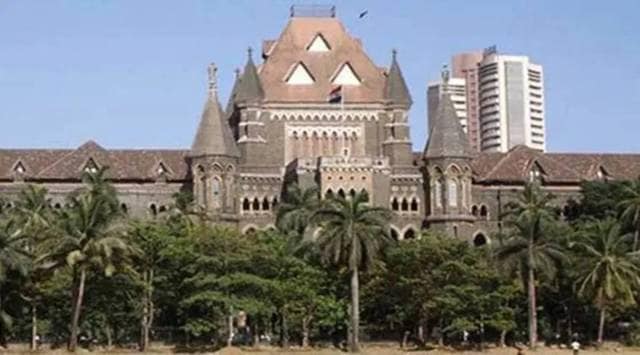Couple moves HC against notification barring use of donor gametes in surrogacy
Addressing the media in Jabalpur, MP, the Congress Rajya Sabha member said equating Bajrang Dal with Bajrang Bali is disrespecting the deity. “You should seek forgiveness,” he added.
 Last November, the couple approached the high court seeking appointment of a District Medical Board as per the Surrogacy Act for Mumbai region so that intending couples can procure the ‘certificate of essentiality’ stipulated by law. The Maharashtra government constituted the required panel. (Express Photo)
Last November, the couple approached the high court seeking appointment of a District Medical Board as per the Surrogacy Act for Mumbai region so that intending couples can procure the ‘certificate of essentiality’ stipulated by law. The Maharashtra government constituted the required panel. (Express Photo) A couple from the city recently approached the Bombay High Court challenging a notification issued by the Union Ministry of Health and Family Welfare that amended the Surrogacy (Regulation) Rules, 2022, and barred the use of donor gametes (eggs) for an intending couple looking for surrogacy. The high court is likely to hear the plea after summer vacation.
The amendment bars couples from availing surrogacy unless both of them have the ability to generate gametes. It means that if the husband or the wife is not able to produce sperm or eggs (oocytes), they cannot avail facilities under the surrogacy laws.
In a notification issued on March 14, the health ministry brought an amendment to Form 2 under Rule 7 of the Surrogacy (Regulation) Rules, 2022. Form 2 refers to “Consent of the Surrogate Mother and Agreement for Surrogacy”.
Earlier, paragraph 1(d) of the form stated that the methods of treatment may include, “fertilization of a donor oocyte by the sperm of the husband”. After the amendment, paragraph 1(d) has been changed to state that the “couple undergoing surrogacy must have both gamete from the intending couple and donor gametes are not allowed.”
The petitioner couple, in their thirties, have tried to conceive naturally but have been unsuccessful due to the abnormally small uterus of the woman.
The couple submitted that they approached various fertility centres in the city for surrogacy. However, they came to know that none of the clinics were registered and no surrogacy clinics had started functioning in Mumbai. The couple said that the application for obtaining assisted reproductive technique was not acknowledged by any clinic.
Last November, the couple approached the high court seeking appointment of a District Medical Board as per the Surrogacy Act for Mumbai region so that intending couples can procure the ‘certificate of essentiality’ stipulated by law. The Maharashtra government constituted the required panel.
In its present plea filed on April 29, advocate Tejesh Dande, representing the couple, sought directions to quash and set aside the new amendment brought about by the Union Health Ministry claiming that it would bar almost 95 per cent of the couples intending surrogacy. Pending hearing, it sought a stay on the implementation of the amendment.
“It is a matter of general knowledge that couples approach doctors and experts when they fail to conceive naturally. In advanced age, the gametes of women would not be usable as medical science has proven that in advanced age, the quality of eggs would not be as desired, and the ultimate result, the baby, would not be that healthy. Moreover, there are certain medical conditions, where a woman is not in a position to generate eggs of her own,” said the plea.
The couple’s petition stated that neither the surrogacy law nor the rules under it prohibit use of donor gametes for surrogacy. The petitioners claimed that paragraph 1(d), as it originally stood, was significant only for affirming the consent and agreement of the surrogate mother for the process of surrogacy.
The plea further stated that for the intending couple, the embryo could be implanted in the surrogate mother by fertilizing the eggs from an oocyte donor with sperm of the husband. However, the amendment rendered the enabling factor of using a donor gamete redundant. “A mere clause in a consent form is changing the entire scope of the Surrogacy Act, thereby defeating the very purpose of the Act,” the plea said. It further stated, “In absence of any logical or legal reasoning by introducing any provision to that effect in the Surrogacy Act or Rules, the impugned amendment is ultra vires (acting or done beyond one’s legal power or authority) to the Articles 14, 19 and 21 of the Constitution.”







